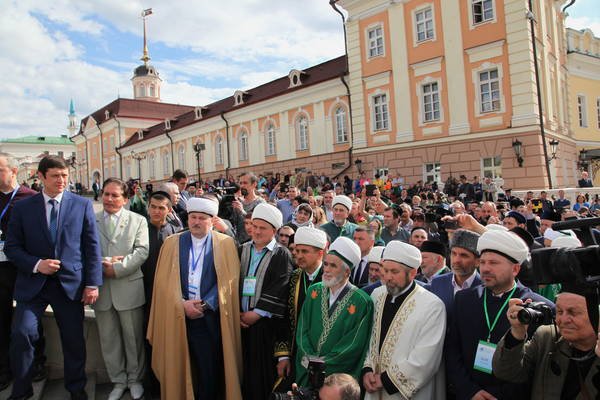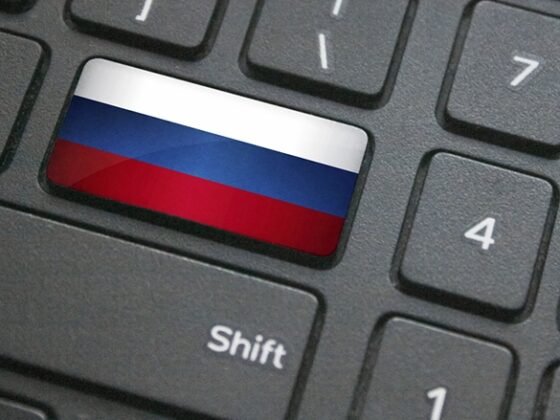(RAND) Despite the rise of religion as a visible force in the sociopolitical life of post-Soviet countries, little is known about how religion has contributed or may yet contribute to tensions or peace in this region. An improved understanding of the relationship between religion and conflict in the former Soviet republics can fill a critical gap and help inform policymakers and other actors working to bring peace and stability to this volatile region.
This volume of essays takes a multidisciplinary and cross-domain look at religion and how it affects the stability of the former Soviet republics. Contributions by a range of international researchers and policy experts on religion and conflict and the post-Soviet region address the dynamics among religion, conflict, and stability in the South and North Caucasus, Central Asia, Ukraine, and Russia. The authors found that while the role of religion varies across contexts, religion has not been the original source of conflict in the former Soviet Union (FSU). Religion has, however, increasingly been used by both states and nonstate groups to mobilize supporters, and the infusion of religion in existing grievances has exacerbated existing tensions and encumbered progress toward peace.
While broad in scope, this volume of essays provides an improved understanding of the role of religion in conflict and stability in the FSU. Further inter- and multidisciplinary work and scholar-practitioner collaborations will be crucial to developing comprehensive and nuanced recommendations for how to approach religion when working toward building sustainable peace in the FSU and beyond.
Read More © Rand Corporation
Recommended:
Chapter 3: The North Caucasus: How Islam and Nationalism Shaped Stability and Conflict in the Region by Sufian Zhemukhov
Chapter 5: Kazakhstan: Islamic Revival and Trajectories of State-Society Relations by Nargis Kassenova











